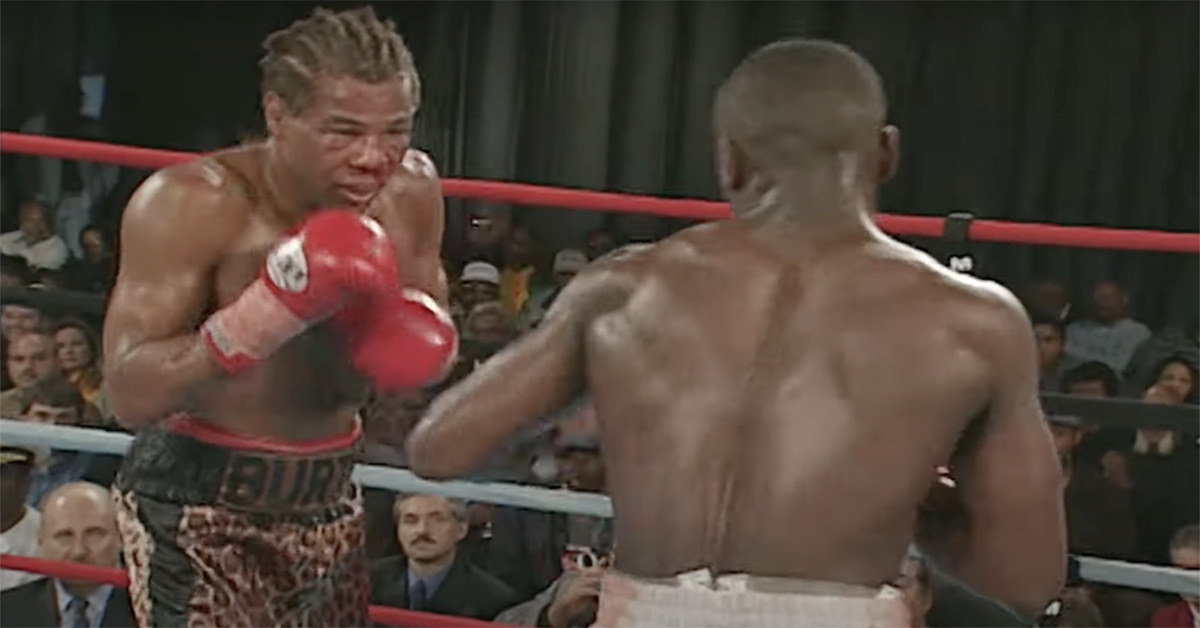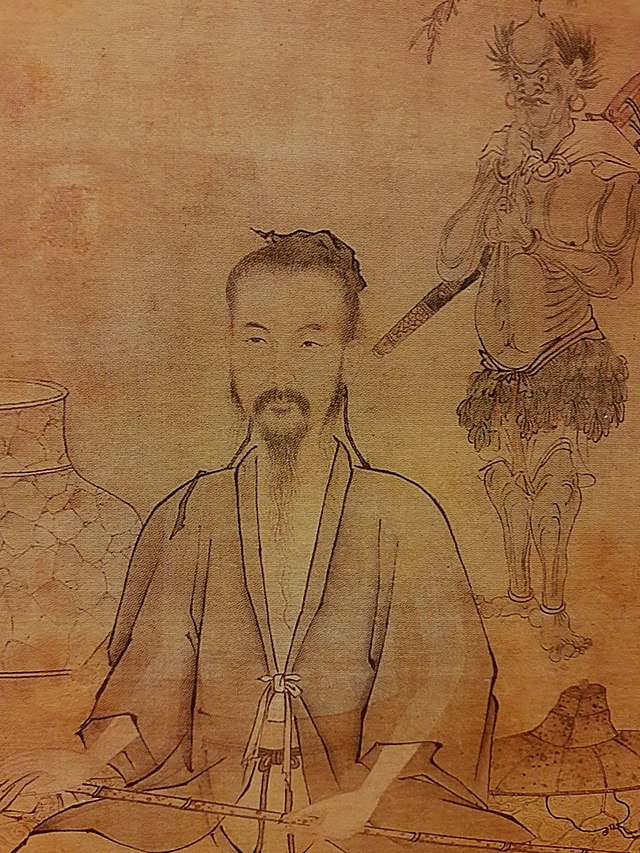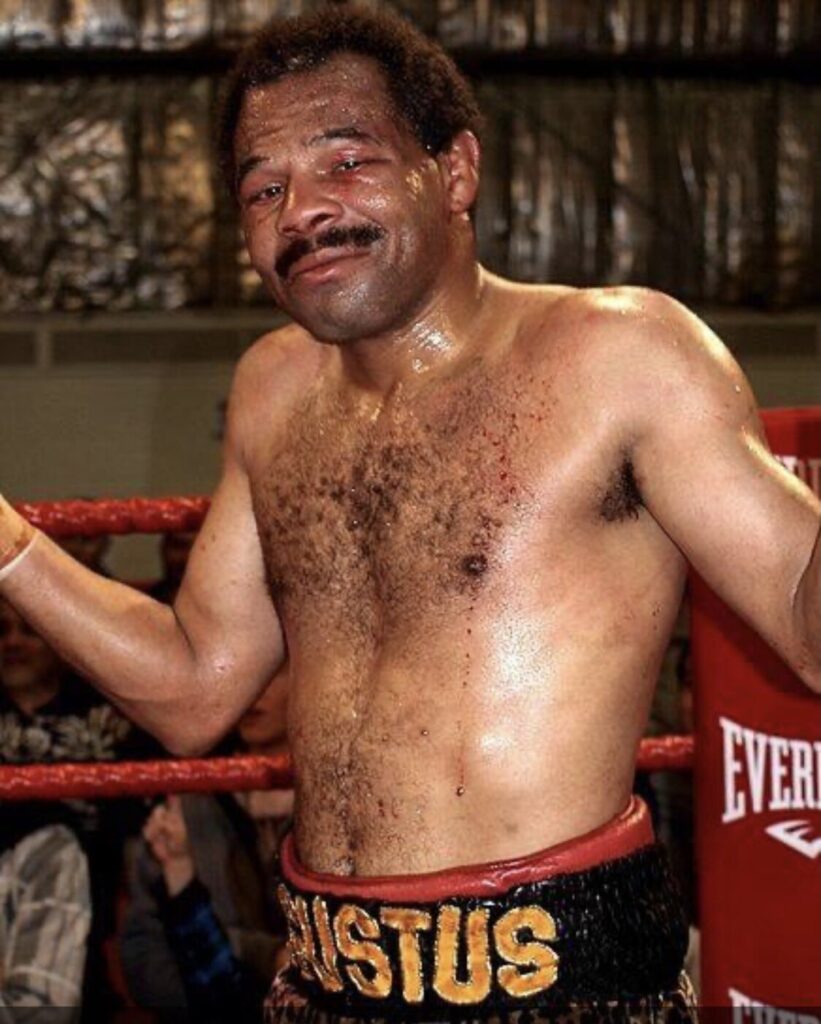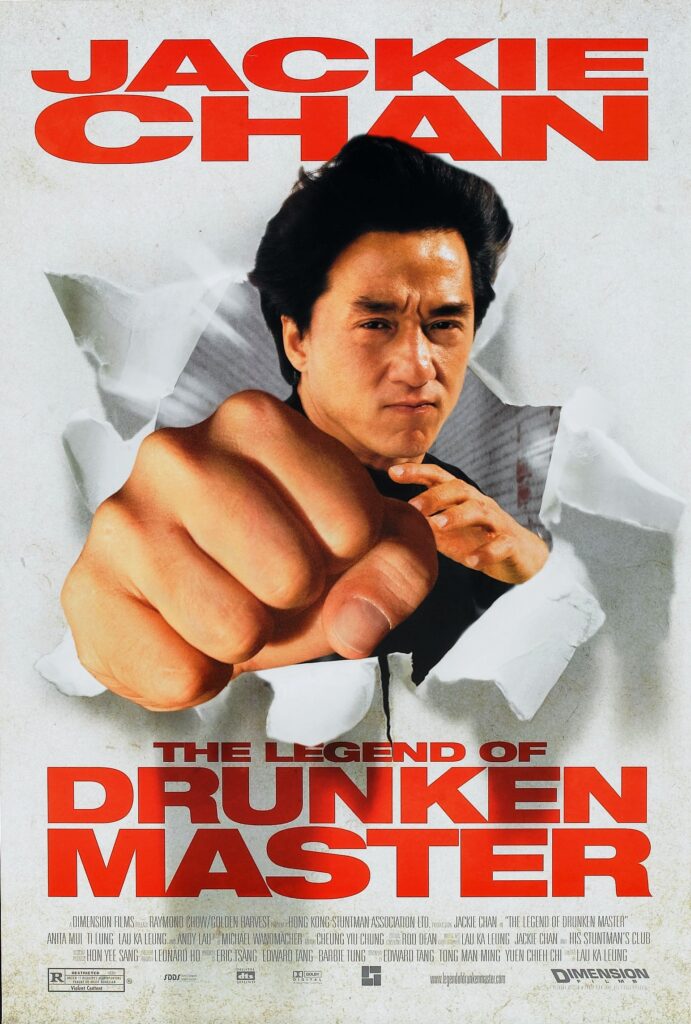
Drunken boxing is one of the most known and mysterious forms of kung fu that is still practiced. The style has been depicted in various times within pop culture, but not many know about the true techniques.
Here is the mysterious history of drunken boxing and how it’s been depicted in popular media. Read below to learn about the reported history of drunken boxing, the techniques, and its famous depictions in pop culture.
The Mysterious History of Drunken Boxing
The history of drunken boxing is shrouded in mystery. There are different stories of the style’s origins, but it’s difficult for historians to decipher facts from tall tales.
There are a variety of different accounts of how the drunken fist was created. Here are some of the possible origins of this kung fu style.
Legend of the Eight Immortals(Ba Xian)

One popular legend attributes the creation of drunken boxing to one of the Eight Immortals in Chinese mythology. Among the Eight Immortals, the one that people claim was the creator was Lu Dongbin.
In various depictions of Dongbin, he is described as going into battle carrying a large wine gourd. Various legends describe Dongbin as being very drunk during many of these battles.
He allegedly used his drunk behavior to confuse and outmaneuver his opponents. According to legend, this inspired the creation of drunken boxing.
Taoist Origins
Another theory about the origins of drunken fist is that the style has roots within the practice of Taoism. Taoist monks are known for their eccentric and unorthodox behavior and unorthodox manner of training.
Many historians believe it is possible that drunken boxing could have formed from the unorthodox training of Taoist monks. They could see these ancient monks practicing the styles of movements like a drunkard would move.
Theatrical Origins
Some other martial arts historians believe that drunken fist was not a formal style that was developed and practiced. Instead, drunken boxing could have very well developed from Chinese opera and theater performances.
Actors playing drunk martial artists would often move in an exaggerated fashion during their fight scenes. Over time, these depictions of drunks fighting in Chinese theater could very well have evolved into a real style.
Historical Figures
While the origins of drunken boxing are largely mythical, there have been historical figures associated with its development. The martial artist most credited for popularizing the style was Gu Ruzhang.
Gu Ruzhang was a martial artist, who lived in the 19th century during the Qing dynasty. He was also known as Gu Fengming and was widely known for his master of Zui Quan.
Much like the history of Zui Quan, how Ruzhang learned and mastered the style is mostly a mystery. However Gu learned the style, he’s credited with the popularization of drunken boxing and teaching future generations.
Without the work of Gu Ruzhang, Zui Quan(drunken fist), the practice of the martial art could’ve ended.
The Techniques of Drunken Boxing
The techniques of drunken boxing are some of the most effective of all of the kung fu styles. Many of the techniques used in drunken fist are similar to those taught in other styles like iron-fist or sanda kickboxing.
However, the thing that sets the drunken kung fu style apart from the other styles is the movement. In drunken boxing, practitioners move in motions that make them seem off-balanced and incredibly drunk.
But in reality, the flailing, drunk motions are actually a trap. In reality, the drunken boxer is completely balanced and uses the movement to set up counterstrikes.
The drunken boxer moves in motion of their opponent’s strikes and uses the energy to deliver powerful counter-strikes. Quite an unorthodox fighting method, but effective.
Emanuel Augustus: The Drunken Boxer
Hardcore boxing fans fondly remember the charismatic and talented boxer, Emanuel Augustus. While “The Drunken Boxer” was not a drunk boxing practitioner, he used many principles from the style.
In his fights, Augustus would regularly perform unorthodox defensive and counter moves, like you’d see in drunken fist style. He created his unorthodox and effective style to win the IBA Light Welterweight title in 2004.

Drunken Boxing in Pop Culture
What people most know drunken fist from the various depictions of the style within popular films, games, and comics. Most of these depictions are loosely based on drunken boxing, but did help popularize the kung fu style.
Drunken Master & Legend of Drunken Master
The place where many came to know of the drunken fist style was from the all-time great Jackie Chan films. In 1978, Chan starred in the first entry of the series called Drunken Master.
Jackie Chan starred as Wong Fei Hung, a young mischievous boy, who learned a unique style of kung fu from his alcoholic master. This film was preceded by the even more popular and viewed Legend of Drunken Master in 1994.
In the sequel, is caught in a battle between smugglers, who want to steal ancient Chinese artifacts. He tries to fight them off, but soon realizes that his skills only work when he’s drunk.
Both are kung fu flick classics and credited for re-popularizing the drunken boxing style.

Kung Fu Hustle
Another popular film with a depiction of a loose interpretation of drunken fist style is from Stephen Chow’s Kung Fu Hustle. In this film, a character called “Landlord” is a secret master of Zui Quan and uses it to defend his tenants.
Video Games
There have been numerous depictions of Zui Quan practitioners in different fighting video games. Most famously within the Mortal Kombat and Street Fighter video games.
In Mortal Kombat, there is a character within the series named Bo’ Rai Cho. He appeared in the series for the first time in Mortal Kombat: Deadly Alliance. In the game’s story, Cho is a strong ally to the Thunder God Raiden against Shang Tsung’s forces.
Within the Street Fighter series, there is a Zui Quan practitioner named Jaime. He first appeared in Street Fighter 6 and is depicted as a quirky, fun loving character.
The Wrap Up on Drunken Boxing
Overall, Zui Quan or drunken boxing, is a mix of myth, legend, cultural influence, and historical speculation. While the precise origins remain elusive, its unique techniques and distinctive style continue to fascinate martial artists and enthusiasts around the world.